Why we need to put people before profit
Right now, there are millions of people all over the world being forced to work to produce goods that we use every single day. But we can help change this by requiring big businesses and governments to act.
The private and public sectors are rarely held to account for extractive, exploitative practices that fuel human trafficking and forced labor. Most companies ultimately fail to root out modern slavery from their supply chains and leave victims without the opportunity to receive justice.
Some countries have passed national and state laws asking the private and public sectors to report on modern slavery risks in their supply chains. However, most legislation does not actually require firms or public procurement to do anything to stop modern slavery and other human rights abuses from occurring in their supply chains.
They do not face any financial, civil, or criminal penalties when environmental or rights abuses are exposed. Make no mistake, recent legislation on corporate responsibility – provisions within the landmark UK Modern Slavery Act1, the Australian Modern Slavery Act, the Dutch Child Labor Due Diligence Act, the French Corporate Vigilance Law, the California Transparency in Supply Chains Act, and the Canadian Fighting Against Forced Labour and Child Labour in Supply Chains Act—are crucial steps, but to achieve corporate accountability, companies should be held liable and victims of human rights abuses in their supply chains should be able to seek redress. Furthermore, as public procurement is estimated to account for 15-20% of global gross domestic product, it is essential that governments uphold human rights and environmental protections in their own sourcing. 2
Laws to put people before profit
There is a growing, global movement for governments to pass mandatory human rights and environmental due diligence legislation, and it needs more power. If successful, companies and governments would be required to enact preventative measures, conduct robust risk analyses, and face punishments for failing to prevent all human rights violations—including human trafficking and forced labor—in their supply chains.
Today we are setting our sights on building power to help push forward promising efforts in the United States, the United Kingdom, and the European Union, among other jurisdictions, partnering with the International Corporate Accountability Roundtable (ICAR) and the Corporate Justice Coalition (CJC). Together, these markets make up almost half of the world’s economy,3meaning the impact these measures could have on exploitation and forced labor globally is potentially huge.
In 1977, the United States Congress, despite the objection of many business leaders at the time, passed the Foreign Corrupt Practices Act (FCPA) 4, forbidding corporations or their employees, officers, directors or agents from bribing foreign officials. It changed the standard for global business and now enjoys broad bipartisan support among government and business leaders alike.
ICAR has developed a bill that would expand the FCPA to cover corporate violations of human rights throughout corporate supply chains, including the federal crimes of forced labor and human trafficking. Crucially, this includes administrative, civil, and criminal penalties for companies that wilfully violate the law, and requires all companies to submit annual reports on human rights due diligence.
“It used to be that bribery was considered a cost of doing business. The FCPA changed that. This bill could similarly move human trafficking to its rightful place—as a crime with no place in modern markets,” said Alison Friedman, Executive Director at the International Corporate Accountability Roundtable.
Moving forward in Europe
Similarly, in the U.K., we’re joining campaigners calling for a new ‘failure to prevent’ law for human rights and the environment, introducing a requirement to undertake mandatory human rights and environmental due diligence. British parliamentarians have also called for such a law, modeled on the U.K.’s pioneering Bribery Act 2010, which introduced a failure to prevent bribery offenses for corporations with due diligence measures on bribery. Together, our call is that: we need a new law to hold business and the public sector to account when they fail to prevent supply chain human rights abuses and environmental harms.
The European Union underwent a years-long political discussion to introduce a mandatory human rights and environmental due diligence framework. The final votes to pass the law in question, the Corporate Sustainability Due Diligence Directive (CSDDD), are underway. After the European Council and Parliament agreed on a final text in December 2023, Germany announced in January 2024 that it would abstain from the vote, threatening the law’s passing. The European institutions went back into discussions, which led to a new, significantly watered–down, version of the legislative text. In May 2024, this new test was passed into law, and member states now have two years to harmonize the legislation into their national laws.
We have been and are working hard not to let these efforts fail. We’ve already witnessed some European countries—including Austria, Denmark, France, Germany, Italy, the Netherlands, Norway, and Switzerland—advance domestic laws embedding elements of human rights due diligence.5Germany’s Act on Corporate Due Diligence Obligations in Supply Chains (Lieferkettengesetz) came into force in January 2023, requires companies to actively monitor their international supply chains to uphold human rights and environmental standards, mitigating risks such as forced labor and environmental harm. It applies to to companies with at least 1,000 employees in Germany.6In 2020, we witnessed the narrow defeat of the Swiss Responsible Business Initiative by public vote, which shows just how important it is that we all understand, share, and build public support for mandatory human rights due diligence.7
If we make our expectations clear, we can further build on these steps to achieve robust and comprehensive legislation that helps ensure businesses do not conduct at the expense of human rights violations and the exploitation of workers. We know several major companies and investors – with assets over US 4.2 trillion – publicly back mandatory human rights due diligence. 89
As one survivor-activist explained, “We’ll never be free as long as the existence of forced labor continues to be treated as an unfortunate reality of globalization.”
“My life matters more than the shoes I made. My fellow survivors matter more than the phones, chocolate, clothing, and steel they produce. But the law doesn’t insist on that now. When the law doesn’t insist, the lure of the quick and cheap takes over.”
Now is the time to act.
Sign our petition in support of strong, mandatory human rights due diligence legislation in the U.S., U.K., and E.U. As large markets for the global industry, their passage will help address human rights and environmental violations around the world, sending a clear signal to the private and public sectors that they will be held accountable for failing to prevent modern slavery and human rights abuses in their supply chains.
Join the Justice is Everybody’s Business campaign to call for a strong E.U. law that holds businesses accountable for rights abuses and environmental destruction. If you’re outside the E.U., sign our petition for all governments to pass mandatory human rights due diligence laws to put people before profit.
Notes:
- UK government recently announced significant changes to the U.K. Modern Slavery, chiefly that public bodies which have a budget of £36 million or more, including local authorities in England and Wales, will be required to regularly report on the steps they have taken to prevent modern slavery in their supply chains ↩
- https://www.reuters.com/article/uk-britain-slavery-government/uk-orders-public-sector-to-tackle-modern-slavery-in-supply-chains-idUKKCN26D1KM ↩
- https://ec.europa.eu/eurostat/statistics-explained/index.php/The_EU_in_the_world_-_economy_and_finance#National_accounts ↩
- https://www.freedomunited.org/advocate/failure_to_prevent/#note-113089-4 ↩
- https://corporatejustice.org/eccj-publications/16831-evidence-for-mandatory-human-rights-due-diligence-legislation-september-2020 ↩
- https://www.bmas.de/EN/Europe-and-the-World/International/Supply-Chain-Act/supply-chain-act.html ↩
- https://www.bbc.com/news/world-europe-55122172 ↩
- https://investorsforhumanrights.org/sites/default/files/attachments/2020-04/The%20Investor%20Case%20for%20mHRDD%20-%20FINAL_0.pdf ↩
- https://www.business-humanrights.org/en/big-issues/mandatory-due-diligence/companies-investors-in-support-of-mhrdd/ ↩

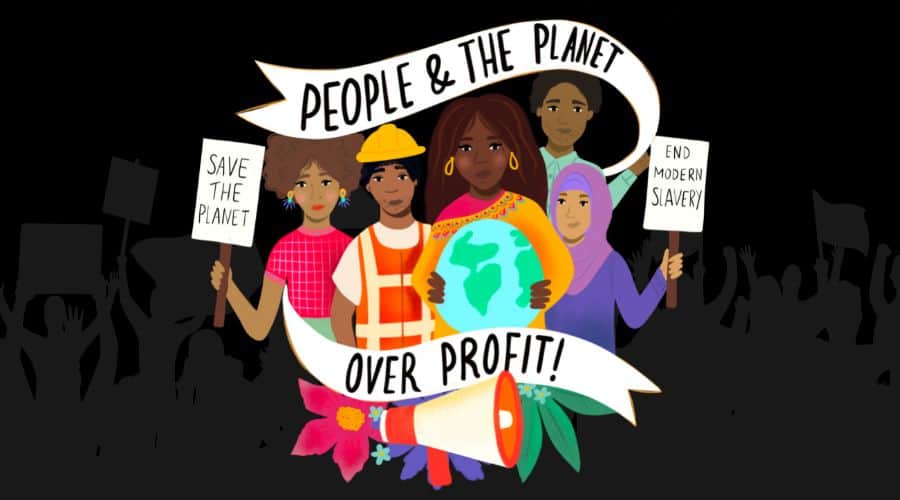

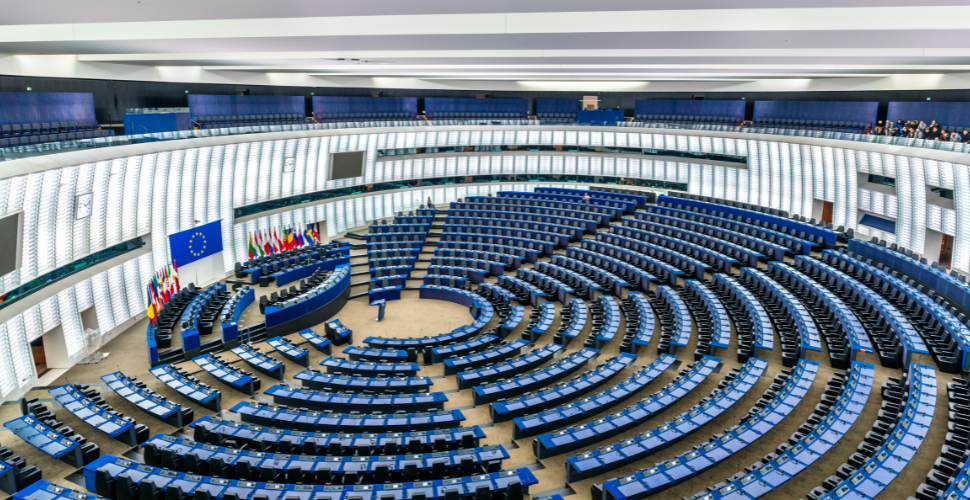
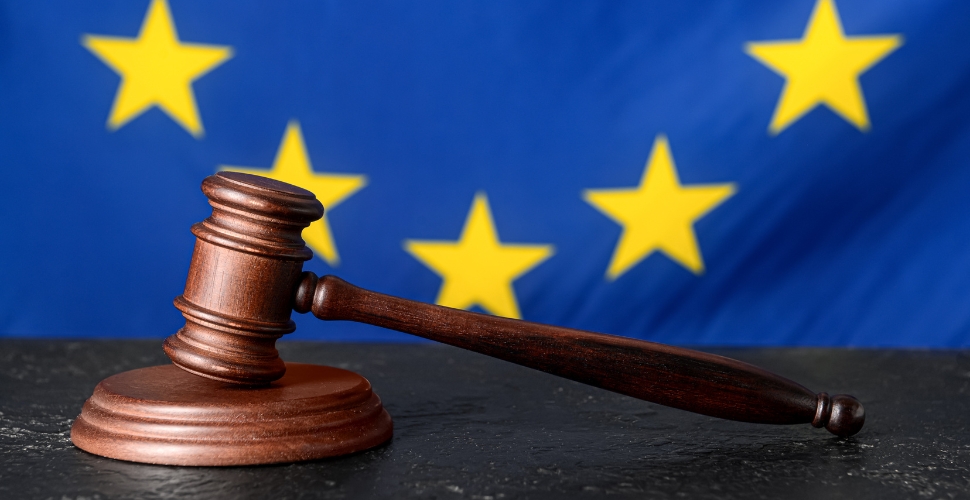
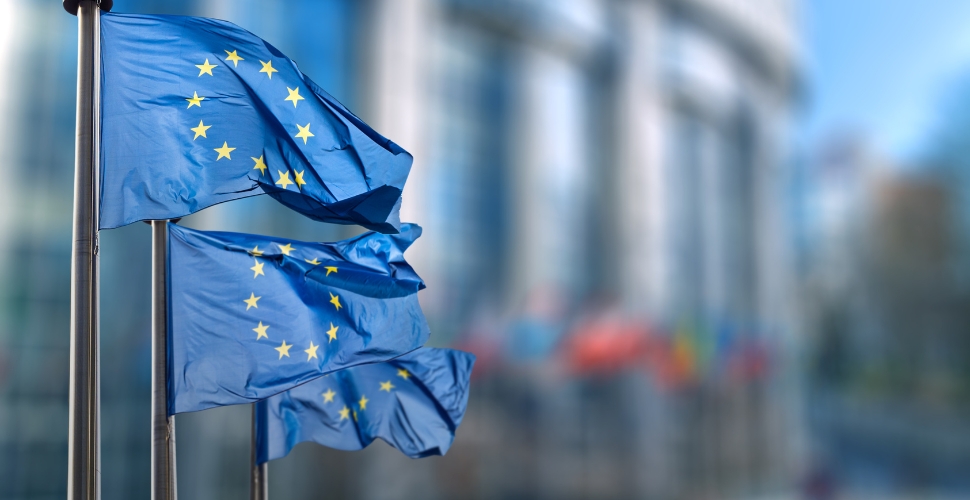
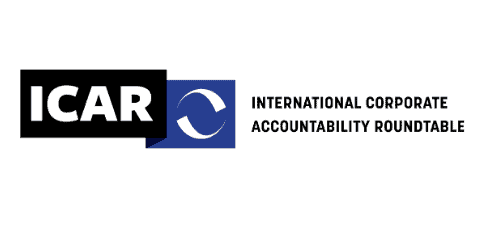
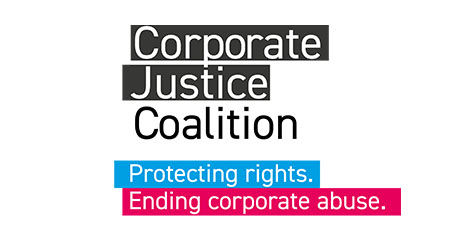
Make your voice heard
Comment
48
Share this petition